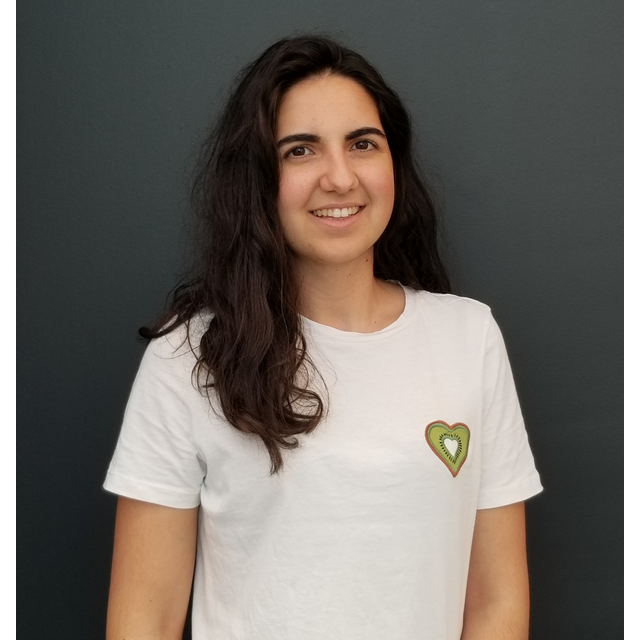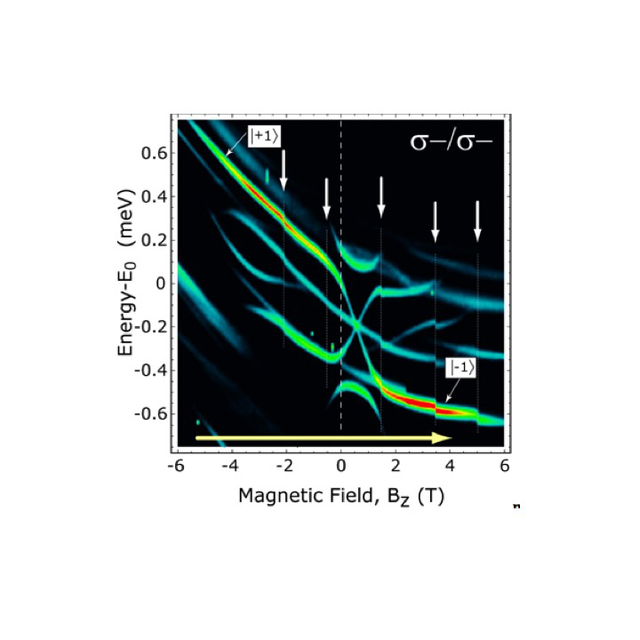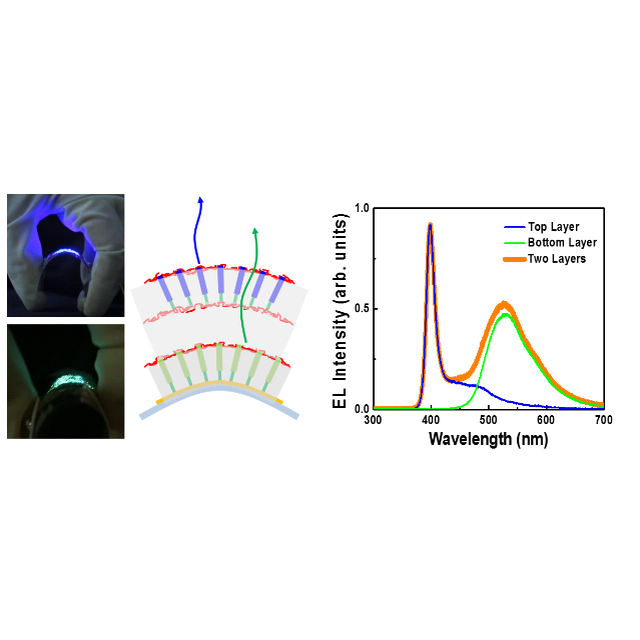Could you describe your course of study ?
I attended my Bachelor's in engineering physics at Politecnico di Torino, in Italy. Here, I started to study microtechnologies and electronics. From the beginning, I understood my interest in technologies with biomedical applications. After my degree, I decided to go to Switzerland to work as an intern in the start-up MIKAJAKI in Geneva. The start-up's aim is to develop an automated platform for ocular diagnostics; there, I had the opportunity to employ my electronics competencies.
I came back to Italy to attend the Master in Nanotechnologies for ICTs at the Politecnico di Torino. I took microfabrication classes, and I discovered for the first time the lab-on-a-chip concept. Lab-on-a-chips are microfluidic devices that perform different analyses, such as a real medical laboratory, but are automated and portable: amazing!
What led you to C2N for your Master's and Ph.D.? What are your first impressions ?
For my Master's thesis, I wanted to work on a lab-on-a-chip and, why not, abroad. So, I postulated for an ERASMUS scholarship for having a double degree with the Université Paris Saclay. Et voilà, I arrived to France. I attended the M2 Nanoscience international track, direct by Arnaud Bournel and Pierre Seneor. Thanks to them, I had the opportunity to know the C2N. From the beginning, I was surprised by the cleanroom, one of the biggest in Europe.
I had the opportunity to do my internship and the Master's thesis here, at C2N, in the Microsystems and Nanobiofluidic Department. My internship aimed to develop electronic instrumentation for a microRNA microfluidic biosensor; Pedro Losada and Jean Gamby were my supervisors. After that, I continued my experience at C2N as a Ph.D. student in a similar subject related to microfluidics. I started in October 2020 under to supervision of Jean Gamby and Isabelle Le Potier.
The aim of my Ph.D. is the development of a microfluidic device coupling the electrochemical with the thermic measurements for microRNA detection to implement the sensor specificity. MicroRNAs are biomarkers circulating in the human blood. Their detection is interesting for the early diagnosis of tumors, bacterial infections, or cardiovascular diseases.
I like the noble cause of preventing health diseases and its work multidisciplinarity in my thesis. I have to design the lab-on-a-chip, fabricate the device in the cleanroom and perform the biological experiments. So, I learned all the fabrication steps that I studied during my Master's, and finally, I realized my first device! It is a microfluidic chip in which a thermal sensor and an electrochemical cell are embedded to filter and select the microRNA sequence under investigation.
(crédits C2N)
This year, you invested yourself in a C2N event. Could you tell us the advantages ?
This year, I organized, with Amanda Trépagny (C2N communication department) , the "C2N Welcome Days", the annual event for all the new entries in our research center. It was a great opportunity to know others Ph.D. students and laboratory members that I didn't have the chance to meet before because of Covid restrictions.








